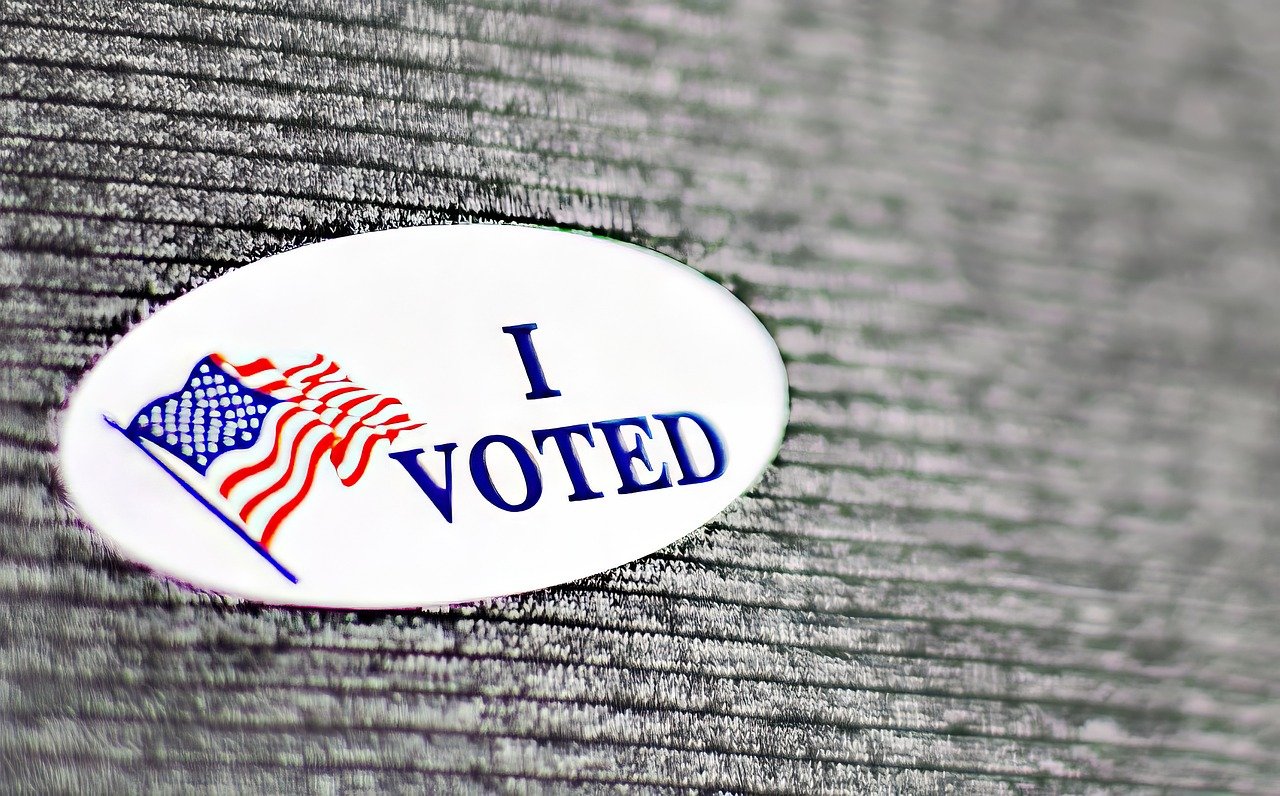As the dust settles after the 2024 election, I find myself sharing in the mixed emotions of my patients—relief, uncertainty, and, yes, some disappointment. I always find myself wishing that a candidate would emerge who could embody my Catholic faith and values. But the reality is there is no “perfect” candidate.
As a Catholic woman, I hold dearly to the belief that every human life has inherent dignity, that women must be treated with equal respect, and that the virtue of charity is central to how we build a society. I cannot in good conscience support policies that promote abortion as health. I believe in the sanctity of all human life, from conception to natural death. I would love to be able to expect that a person in the office of president of the United States will operate with a baseline attitude of dignity and respect for all people, especially women and children. I want to see political candidates that advocate for both the unborn and the living. It would be refreshing to see policies put forth that empowered men and women to respect one another and respect each other’s bodies, without undermining the dignity of life.
The complexities of real-world politics make it impossible to find a candidate whose platform aligns perfectly with all of my convictions. So, I’ve found myself reflecting deeply on the truth that—though there may be no “right” candidate—I trust that all of this is part of God’s plans
The Wisdom of the Catechism and the Example of Pontius Pilate
In times of uncertainty, it is helpful to turn to the wisdom of the Church. The Catechism of the Catholic Church offers some powerful insights, particularly when it comes to the question of political authority. In the Fourth Commandment (which calls us to honor our father and mother), the Catechism explains that “authority comes from God” and that “everyone should consider himself bound to seek the common good of society” (Catechism, 2235). Political leaders, while imperfect and often flawed, are granted their authority by God. This truth can be difficult to accept, especially when we disagree strongly with the decisions of those in power. But it is a reminder that God is ultimately in control, and our trust is not in human leaders, but in His divine plan.
A poignant example of this can be found in the trial of Jesus before Pontius Pilate. In the Gospel of John, Pilate asks Jesus, “Do you not know that I have power to release you and power to crucify you?” (John 19:10). Jesus responds, “You would have no power over me if it were not given to you from above” (John 19:11). This exchange is a powerful reminder that even the authority of a Roman governor—the very man responsible for sentencing Jesus to death—is ultimately part of God’s plan.
For me, this speaks volumes about how we must view political authority: while we are called to engage with it, challenge it when necessary, and advocate for the virtue of justice, we must remember that ultimate sovereignty lies with God. The political system, no matter how flawed, is a tool within His hands. In this context, even in the midst of imperfect choices and outcomes, I can find peace knowing that God’s plan unfolds through human history, regardless of the circumstances.
The political landscape can feel frustrating, disillusioning, and deeply imperfect. But I am learning that my role as a Catholic woman isn’t solely about finding the “perfect” candidate or achieving a political utopia. It’s about participating in the world with a deep faith that even when things don’t go as I hope, I can trust that God is at work and place my hope in Him. I trust that He is weaving His plan through human history. My task, as always, is to remain faithful, advocate for justice and charity, and remember that true authority belongs to God.
In the End We are Called to Place our Trust in Him
In the coming years, I’ll continue to pray for wisdom and courage to make decisions that align with my faith and values. But above all, I will strive to live with the peace that comes from knowing that even in a world where no political leader is without flaw, God’s will is greater than any election result. Ultimately, all authority—whether in government or in the lives of individuals—is given by God, and He is always working towards a greater good.
In the end, I place my trust not in a political system or in any human authority, but in the One who governs all things, who sees beyond the immediate frustrations, and who will bring His justice and mercy to fruition in His time.
May we all find peace in this truth as we continue to navigate the challenges of a broken world, always remembering that God is at work—even when the right candidate feels elusive.
